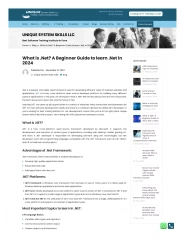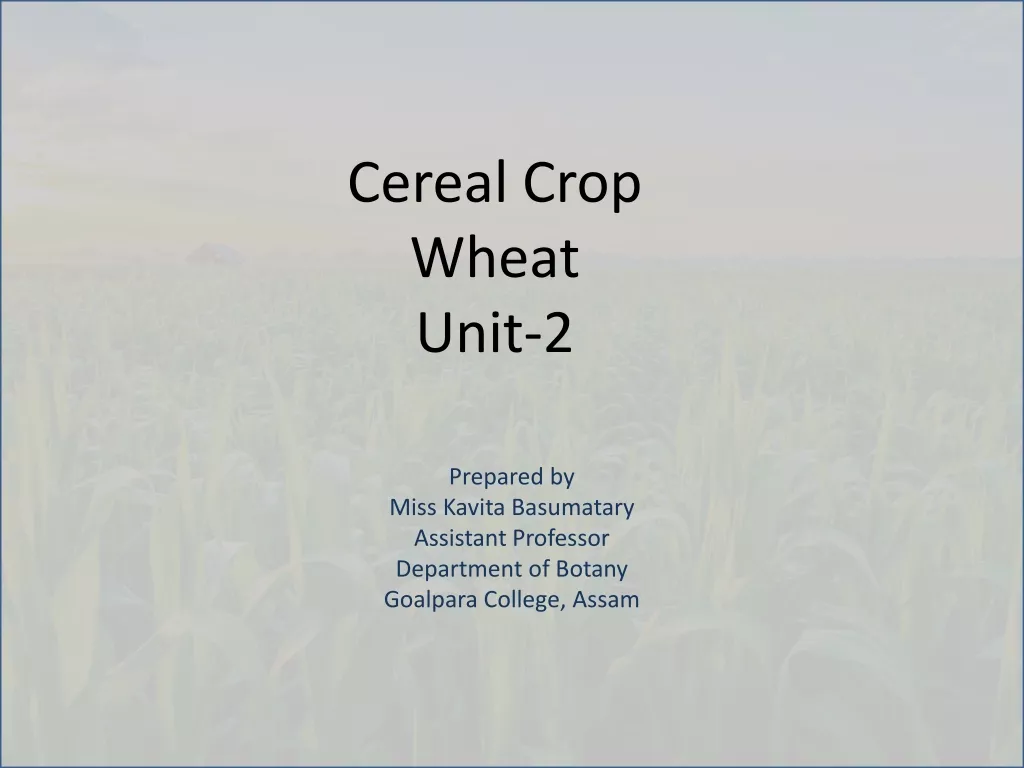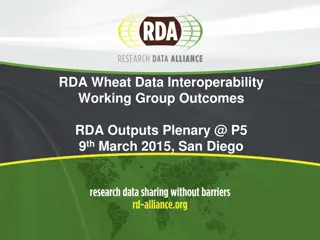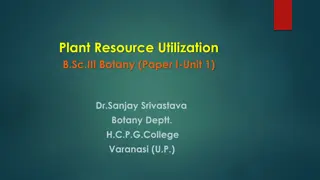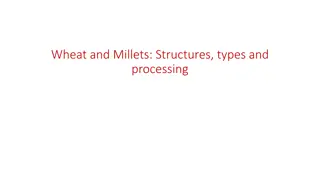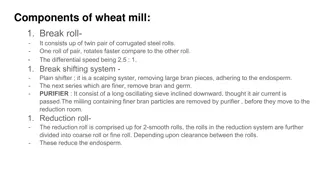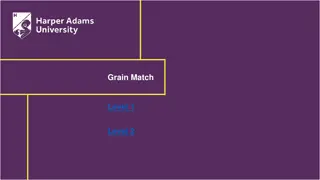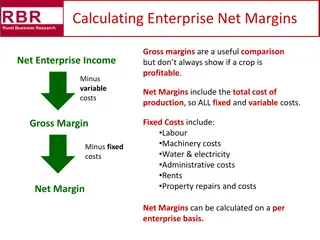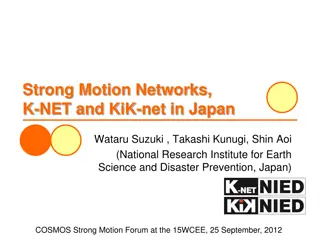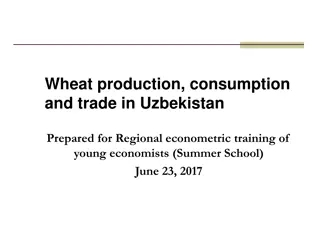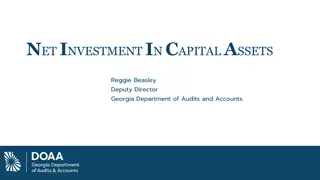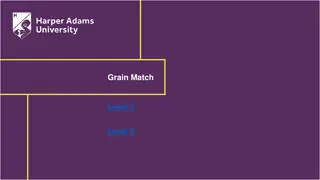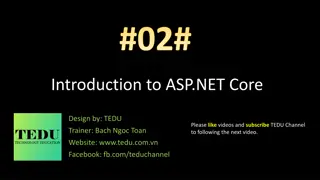Calculating Winter Wheat Net Margins
Gross margins and fixed costs associated with winter wheat production in England are detailed alongside calculations for net margins for the crops over two years. Delve into the financial breakdown to analyze profitability and decision-making.
Download Presentation

Please find below an Image/Link to download the presentation.
The content on the website is provided AS IS for your information and personal use only. It may not be sold, licensed, or shared on other websites without obtaining consent from the author.If you encounter any issues during the download, it is possible that the publisher has removed the file from their server.
You are allowed to download the files provided on this website for personal or commercial use, subject to the condition that they are used lawfully. All files are the property of their respective owners.
The content on the website is provided AS IS for your information and personal use only. It may not be sold, licensed, or shared on other websites without obtaining consent from the author.
E N D
Presentation Transcript
Public participation Public participation in Environmental in Environmental Law Law Some recent Some recent developments developments Tom Flynn Senior Counsel Member of the Inner Bar
Overview Overview A select overview of some key recent developments Not a comprehensive overview - impossible given time constraints and quantity of caselaw and legislative development Public participation issues increasingly featuring in environmental litigation as a basis to impugn decisions e.g. grant of planning permissions Key issues are the nature and extent of the rights/obligation to provide for public participation
Context Context Issues arise in the context of the obligations imposed by the Aarhus Convention ( AC) and under EU Law as transposed into Irish law. AC ratified by Ireland & EU but by virtue of Article. 29.6 of the Irish Constitution AC is not automatically incorporated into Irish Domestic law. AC has no direct legal effect in domestic law until expressly incorporated into domestic law which has not occurred to date AC does have force in domestic law via AC obligations imposed in EU law which must be transposed into Irish law and such transposing provisions must be interpreted (subject to contra legem rule) in accordance with EU law and the AC (Conway v. Ireland [2017] 1 I.R. 53.
Clark C.J in Conway v Ireland 2.5 However, it is important to emphasise that, in so saying, it needs to be recognised that it is insufficient in Ireland simply to mount a claim based on an alleged breach of the Aarhus Convention. It is necessary to demonstrate that a relevant provision of the Aarhus Convention is material either because it has the potential to be directly effective itself as a matter of European Union law, because the Convention may be relevant in interpreting measures of the European institutions designed to give effect to its provisions or because it is said that, in some other way, Union law requires the application of the Convention in Ireland. A simple claim based on an allegation of a breach of the Aarhus Convention must necessarily fail as a matter of Irish law. A claim that a relevant provision of the Aarhus Convention may be applicable or influence the application in Ireland of EU measures as a matter of European law is a different matter which needs to be considered on its merits. Status of Status of Aarhus Aarhus Convention in Convention in Irish Law Irish Law proper interpretation or
Hellfire Massey Residents Association v ABP, Ireland, & Others Humphreys J. [2021] IEHC 424 Pleading AC Pleading AC Convention in Convention in Irish law Irish law The correct way to bring the Aarhus Convention into the case is not to rely on it directly, but to rely on the relevant EU law as read in conjunction with the Aarhus Convention
Various measures taken by the State to ensure Irish Procedures and law is compliant with AC Notably amendments to PDA 2000 to align with AC (s.50B ) The European Communities (Public Participation) Regulations 2010 The European Union (Access to Review of Decisions for Certain Bodies or Organisations Promoting Environmental Protection) Regulations 2014 (S.I. 352 of 2014). Implementation remains contentious and disputed e.g. extant complaints to ACC Significant pockets of AC non-compliant procedures remain (?) These are increasingly subject to challenge in legal proceedings Implementation of AC in Irish law
Hellfire Massey Residents Association v ABP, Ireland, AG & Others Humphreys J. [2021] IEHC 424 Challenge to decision of ABP to grant PP for Dublin Mountains Visitor Centre in foothills of the Dublin Mountains adjacent to The Hellfire Club an 18th century building. The Application/Decision accepted that the proposed development may possibly impact on bats and that an application for a derogation licence under Article 54 of the Habitats Regulations 2011 may be required Challenge based on a number of grounds - including that the Habitats Regulations do not respect Article 6 of the Aarhus Convention or Article 4(3) of the Treaty on European Union because they do not provide for a system of public consultation in relation to the grant of a derogation licence under Article 54 of the Habitats Regulations. State argued that the question was hypothetical and that Article 17 of the Habitats Directive which makes provision for derogations contains no obligations in respect public participation Humphreys J. referred four questions to the CJEU by way of preliminary reference
Hellfire Massey Hellfire Massey Fourth Question Relates expressly to public participation The fourth question is whether arts. 12 and/or 16 of directive 92/43/EEC and/or those provisions as read in conjunction with arts. 6(1) to (9) and/or 9(2) of the Convention on Access to Information, Public Participation in Decision-Making and Access to Justice in Environmental Matters done at Aarhus, Denmark, on 25 June 1998 have the consequence that, in respect of a development where the grant of development consent was subjected to appropriate assessment under art. 6(3) of directive 92/43/EEC, and in a context where a post- consent derogation may be sought under art. 16 of directive 92/43/EEC, there is a requirement for a public participation procedure in conformity with art. 6 of the Aarhus Convention.
Appeals arose from extensive & prolonged litigation arising from the construction of student residents by TCD in Dartry Co. Dublin Kenny v Kenny v TCD TCD (IESC Baker J. August 26th 2021) Key issue was whether Mr. Kenny was entitled to avail of the NPE rule in respect of costs despite the fact it had not been transposed into domestic law at the time of the litigation NPE rule drives from Article 9(4) of the AC and Article 10a/11 of the EIA Directive ultimate transposed by article 50B PDA/s.3 EMPA 2011 Mr. Kenny argued he was entitled to benefit of NPE rule despite the fact it had not been transposed into domestic law by 25thof June 2005 at the time of the litigation
Kenny v TCD Kenny v TCD - - Klohn v ABP C Klohn v ABP C- -167/17 167/17 Reliance placed on judgement of CJEU in Klohn v. An Bord Plean la, Case C-167/17 In Klohn CJEU held although article 10a was not directly effective national courts of a Member State are required to interpret national law to the fullest extent possible in a manner consistent with the objective of the Directive, once the time limit for transposition had expired, costs questions in proceedings which were ongoing before the transposition date law must be assessed in so far as possible in a manner compatible with the Directive CJEU principle of res judicata applies judicial decisions which have become final after all rights of appeal or review have been exhausted, or because of the expiry of time limits for appeal or review can no longer be called into question, even in the light of NPE principles
Kenny v TCD Kenny v TCD effect of Klohn effect of Klohn
Kenny v TCD Kenny v TCD was appellant able to rely on was appellant able to rely on Klohn ? Klohn ? Baker J. analysed each of the cost s orders appealed; In the present appeals at the date of the two orders under appeal, the decisions awarding Trinity costs against Mr. Kenny and the measurement of those costs, had been finally determined as a matter of national law. Some of these decisions were made after the transposition date of 25 June 2005. Nonetheless Mr. Kenny did not avail of national procedural measures to challenge the measurement of costs, or where he did he did not do so on NPE grounds Appeal dismissed
Public participation in planning/environmental decision making is increasingly controversial Future Developments Push-back against rights of public participation/access to justice which are seen by some as delaying or obstructing much needed infrastructure and in particular strategic housing development Calls for restrictions on rights of public participation to those directly impacted by a proposed development and other restrictions on challenges for planning/environmental decision making proposed Ongoing AG led review of PDA 2000/Judicial Review procedures
Some observations ! Some observations ! Criticism of the current system may overstate the impact on delivery of infrastructure/housing Annual Report of Office of Planning Regulator puts issue in context: the percentage of planning decisions that are subject of legal challenge, annually, remains very small (only 0.3% in 2020) and only 0.07% of decisions were overturned by the courts Completion of planning/development consent process does not necessarily result in delivery of infrastructure/housing
We have committed in EU and International law to obligations in respect of public participation in environmental decision making The Supreme Court has affirmed in a number of cases the value of public participation in informing decision making Some Further Some Further Observations Observations ! Humphreys J. An Taisce v ABP & Others [2021] IEHC 422:- at para 34: one should not unduly blame individual litigants for problems that are more properly down to the system overall. That applies with particular force where an applicant is exercising Aarhus rights, as here. It may be helpful to point out that art. 3(8) of the Aarhus convention renders unlawful, in international and EU law terms, the victimisation of an applicant for availing of rights of environmental participation and challenge. It logically follows that it would be equally unlawful, in such a sense, to counsel, procure or incite such victimisation, or to attempt to do so



